Diana Gabaldon: I helped Outlander stay true to Scotland
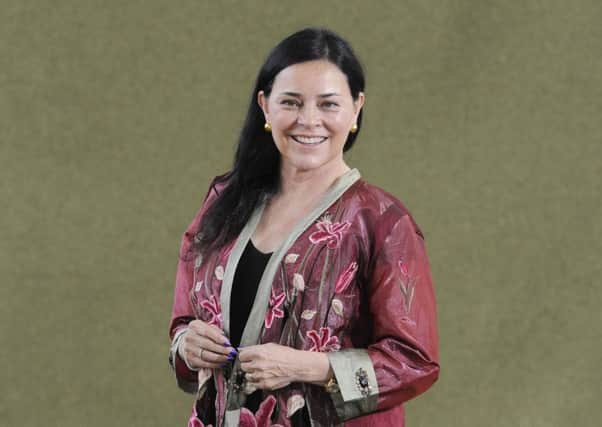

Hired as a consultant on the Starz TV series, Gabaldon, whose original Outlander novel about 18th century Scotland has an army of dedicated fans, says she had to stop writers from taking too many artistic liberties with history.
The show, which stars Scottish actor Sam Heughan as 18th century Jacobite Jamie Fraser opposite English time-traveller Claire Randall, is now in its second season.
Advertisement
Hide AdSpeaking to The Scotsman, Gabaldon said: “They show me the script and invite comment - and sure sometimes it’s ‘Oh this is great’, or sometimes it’s ‘My god, don’t any of your writers know the difference between lie and lay’ - they don’t. Neither do the actors.
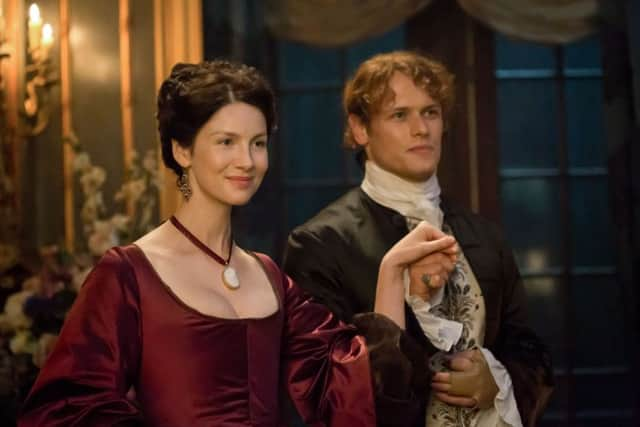

“In the first season, the fifth episode Claire goes off because she’s fed up with all these silly men being mean to her and falls in with some village women. The scene was originally written in the script with Claire in a village with cobbled streets, plastered houses, shops and things like that.
“She sees a vase in the window of one of the houses and having a thing about vases she stops and looks at it. The woman of the house comes out, they get in a conversation and she invites her in and they end up playing bridge and drinking tea.
“I looked at it and said no - it’s the 18th century, in the remote highlands in Scotland. I see what you’re trying to do here emotionally and want to introduce her to the female side of life temporarily and the contrast of what she’s been doing. I said that’s great and works fine in the script but I don’t think you want to do it this way.
“There were no villages like that, with cobbled streets. People were living in thatched houses and crofts with no streets at all and they wouldn’t have had cards - people thought it was a sin to play cards well into the 20th century in Scotland. They wouldn’t have had tea.
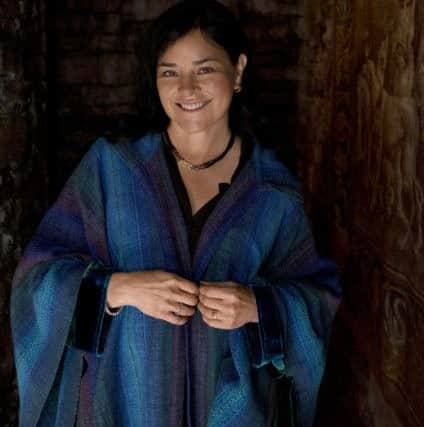

“More importantly, the women wouldn’t have been goofing off in the middle of the day. It was a very hard life, the women worked dawn to dark just to survive, so they must have been doing chores.
Advertisement
Hide Ad“I said you can of course have Claire join in and help them with the chores, that would be a good way in and gave them a list of what women might actually been doing at that time -churning milk, making butter, milking goats, taking the cow - if they had one - out to pasture.”
When she started writing the novels, Gabaldon had never visited Scotland herself.
Advertisement
Hide AdIn fact, she based the character of Jamie on an old episode of Dr Who.
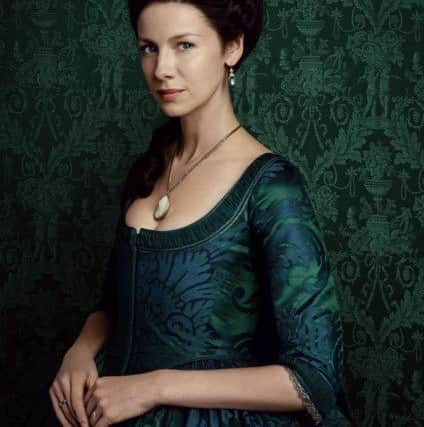

She said: “I was writing Outlander for practise and didn’t want anyone to know I was doing it. So I couldn’t very well announce to my husband that I was quitting my job and abandoning him with three small children to visit Scotland to do research for a novel that I hadn’t told him I was writing.
“So I wrote it entirely through library research. I began writing Outlander in 1988, so the internet as we now know it didn’t exist.
“All of the research was done from libraries - luckily I was a research professor at a university so I had access to a very large library. Then I began ordering books and things happened and my practise book was outlander.
“So I made an effort to make things as accurate as I possibly could - both in terms of the history and the culture and language of the book. Regardless of if it was a practise book or not, it has to be as good as I could possibly make it - because if I’m not trying my best every day, how will I know if I’m any good, and how will I get any better?
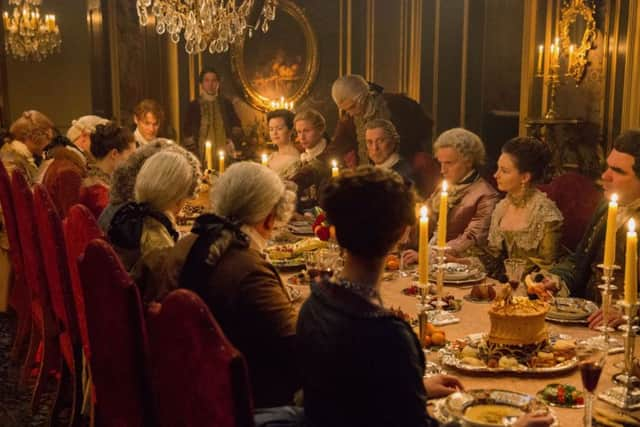

Regardless of whether I expected anyone to see it or not, I put all of my effort into it from the beginning.”
Advertisement
Hide AdGabaldon knew she wanted the novel to be as historically accurate from the beginning, for a number of reasons.
“If you want to tell a good story, you have to have people believe in it.
Advertisement
Hide Ad“There are two ways of doing that, when you’re writing historical fiction. One is to be as accurate as you possibly can to what’s known of the history.
“The other thing you can do, to induce belief - especially if you expect people to believe in time travel - is to make the details of daily life as convincing as you can, because people are living with your characters day by day.
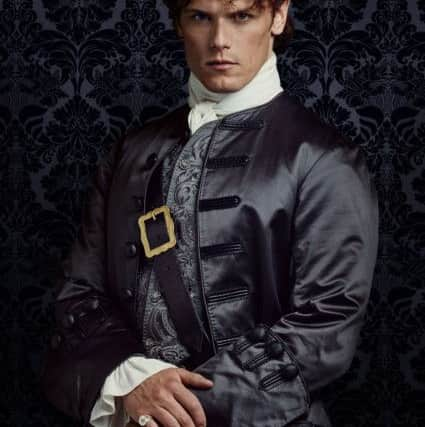

“It’s a matter of artistic plausibility I suppose. But when you’re writing historical fiction, there’s also a question of moral responsibility. If you’re writing something that’s clearly labelled as an alternative history, of course it’s perfectly legitimate to play with known historical characters and events, but less so when you’re writing an essentially straight historical fiction.
“My books kind of straddle every genre you’ve ever heard of with the possible exception of poetry. But we try to keep it on the side of straight historical fiction, bar the time travel.”
“There was one thing Gabaldon wouldn’t talk about - season three. When asked if a third series was in the pipeline, she simply replied, “I can’t tell you about that.”
No news is good news, right?
Outlander Series 2 is available for Amazon Prime members exclusively, with new episodes every Sunday.
